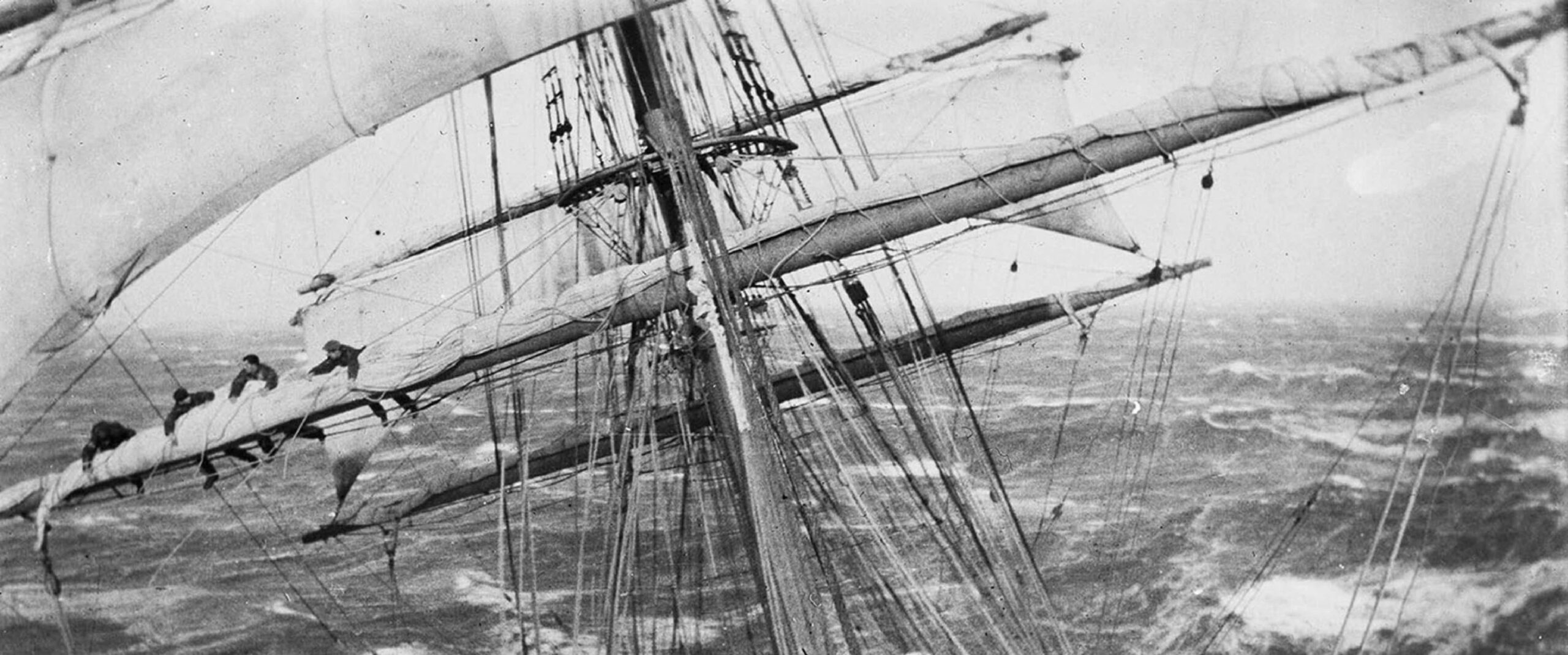
Fables aren’t just for children. They reflect and shape popular cultural beliefs but they can also reveal cultural weaknesses.
Their positive moral lessons are obvious, but when turned upside down they can reveal leadership lessons as well, showing what cultural norms good leaders have to fight against to be successful.
In Aesop’s Fables there’s a story about a Grasshopper and an Ant. In the story, a happy grasshopper enjoys summer making music while a busy ant spend its time storing away grain. In winter the starving grasshopper begs the ant for some of its grain. The ant refuses and the grasshopper dies.
The moral of the story is that hard work & preparing for hard times brings rewards. On its flip side there is a leadership lesson as well. The leadership lesson is also a common cultural norm – “smart people don’t take risks”.
The good old ant survived because it put its head down and worked hard without breaking ant rules. Ants are famous for that. The grasshopper wasn’t just lazy – it gambled and lost.
In the lofty world of leadership and motivation training we are told that leaders should be a combination of the best of the ant and the grasshopper – hard working and creative. Nice.
In the real world of leadership we have to deal with humans. Humans can be creative and hard working but leaders have to create the environment in which creativity and productivity are really encouraged, and the opposite traits are discouraged.
If we leave “nature” to decide, that is, just behave normally and expect people to do the same, we will likely fail. Most real people don’t like taking risks so expecting them to do so is naïve.
Likewise just taking chances is naïve. The uncomfortable fact is that grasshoppers die in winter. Creative risk takers who like to step out of their comfort zone, are actually prone to failure. 80% of small businesses fail in their first 5 years.
As leaders we have to realize that failure is a part of success, and deal with it, not ignore it. If you want creative solutions you have to be prepared to accept failures. You have to find a way to manage them.
If you want the certainty of ants you will breed ants. You will likely survive, but you won’t grow, and you won’t survive fast change in the human world.
If you want the freedom of grasshoppers you’ll breed grasshoppers. You’ll have a great time but might not survive the winter. It’s also true that very few leaders have to deal with too many grasshoppers.
“If you want creative solutions you have to be prepared to accept failures”
The BalancedKaizen cycle has 5 Decisions for a team to become both creative and productive. The 2nd Decision (encourage Trial) requires leaders to accept that failure will happen and encourage our teams to deal with failure.
2 things to remember which will help:
1. Encouraging Trial is hard if you’re an ant.
When people are afraid of change they need to be actively encouraged by leaders to take small steps, and be rewarded for the steps not the outcome. Good leaders create processes within their teams to do this, and actively do so in their daily interactions. This first step is by far the hardest and most important.
2. Encouraging Trial is dangerous if you’re a Grasshopper.
Once you are fortunate enough have some free thinkers and risk takers in your team, they will need a different type of encouragement. Align actions with Company or team goals, closely measure progress to avoid going off track too far, don’t be distracted. Good leaders create processes within their teams to do these, and actively encourage them in daily interactions as well.
Your responsibility as a leader is to develop your team to be grasshoppers and ants. To take action now for the future, to take risks, to accept errors in the pursuit of gains. Not just to keep strumming while the sun shines then wonder why there’s no food later.
Grasshoppers are harder to create than ants, so ask yourself which one are you?

Photo credits: Library of Congress
